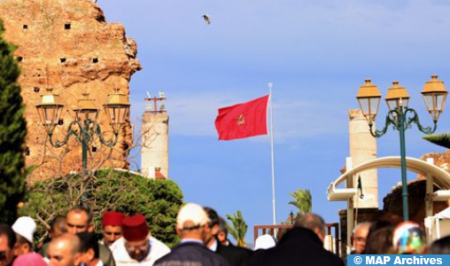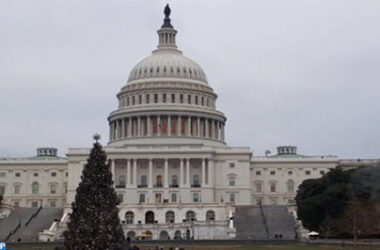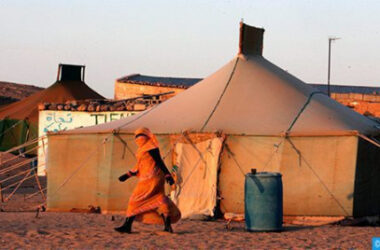The event, organized on the initiative of Morocco’s Parliamentary Delegation to the Parliamentary Assembly of the Council of Europe (PACE), in collaboration with the Committee on Migration, Refugees and Displaced Persons and the Moroccan Consulate in Strasbourg, was an opportunity to highlight the Kingdom’s efforts in the field of immigration and asylum, and to discuss the issues and challenges of the human rights dimension of migration, particularly in the face of the tragedies arising from irregular migration.
Opening this side-event, held on the sidelines of the third part of the PACE Ordinary Session (June 19-23), the Kingdom’s Consul General in Strasbourg, Driss El Kaissi, noted that thanks to the far-sighted vision of His Majesty King Mohammed VI, Morocco had, in 2013, a National Immigration and Asylum Strategy, based on a proactive, comprehensive, balanced and humanist approach, whose implementation has involved both the design of a legal and institutional framework and the socio-economic integration of immigrants.
In addition to these aspects, the diplomat underlined that Morocco is present in various regional and international consultation processes on migration, pointing out that the dynamics of normative rapprochement between Morocco and the Council of Europe (CoE) in its areas of expertise, combined with the Kingdom’s commitment as a partner country for democracy, have for many years enabled the existence of a space for exchange on the promotion of human rights, according to common values and convergent standards.
For her part, Imane Lamaoui, member of Morocco’s Parliamentary Delegation to the PACE, noted that in its national migration policy, Morocco works responsibly and sustainably within the framework of international and regional cooperation, through agreements with the EU and other African countries, which aim to strengthen cooperation in border control, combating illegal immigration and human trafficking networks, as well as facilitating legal migration.










